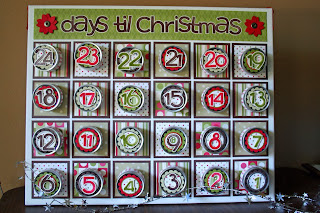'Selfie' named by Oxford Dictionaries as word of 2013
"Selfie" has been named as word of the year by Oxford Dictionaries.The word has evolved from a niche social media tag into a mainstream term for a self-portrait photograph, the editors said.
Research suggested its frequency in the English language had increased by 17,000% in the last year, they added.
"Selfie" is the word of 2013, but the BBC's Lucas de Jong quizzes people on the streets of London as to the meaning of other shortlisted words
Other shortlisted words included "twerk" - a raunchy dance move performed by Miley Cyrus - and "binge-watch" - meaning watching lots of TV.
"Schmeat", meaning a form of meat synthetically produced from biological tissue, was also a contender
Inventiveness
The word of the year award celebrates the inventiveness of English speakers when confronted with social, political or technological change
In 2004, the word of the year was "chav", in 2008 it was credit crunch and last year it was "omnishambles".
To qualify, a word need not have been coined within the past 12 months, but it does need to have become prominent or notable in that time.
Selfie is defined by Oxford Dictionaries as "a photograph that one has taken of oneself, typically with a smartphone or webcam and uploaded to a social media website".
Its increase in use is calculated by Oxford Dictionaries using a research programme that collects around 150 million English words currently in use from around the web each month.
This software can be used to track the emergence of new words and monitor changes in geography, register, and frequency of use.
Papal power
Selfie can be traced back to 2002 when it was used in an Australian online forum, according to Oxford Dictionaries.
A man posted a picture of injuries to his face sustained when he tripped over some steps. He apologised for the fact that it was out of focus, saying that it was not because he was drunk but because it was a selfie.
This year, selfie has gained momentum throughout the English-speaking world, helped by pictures such as one of the Pope with teenagers that went viral.
Judy Pearsall, editorial director for Oxford Dictionaries, said: "Social media sites helped to popularise the term, with the hashtag #selfie appearing on the photo-sharing website Flickr as early as 2004, but usage wasn't widespread until around 2012, when selfie was being used commonly in mainstream media sources."Selfie was added to the Oxford Dictionaries Online in August, but is not yet in the Oxford English Dictionary, although it is being considered for future use.
Other words that were shortlisted included "showrooming" - examining a product at a shop before buying it online at a lower price - and bitcoin - a digital currency in which transactions can be performed without the need for a central bank.
Other words added to Oxford Dictionaries Online
- Selfie - pouty self-portrait typically taken with a smartphone
- Dappy - silly, disorganised or lacking concentration
- Digital detox - time spent away from Facebook and Twitter
- Girl crush - an intense and typically non-sexual admiration felt by one girl for another
- Vom - to be sick






